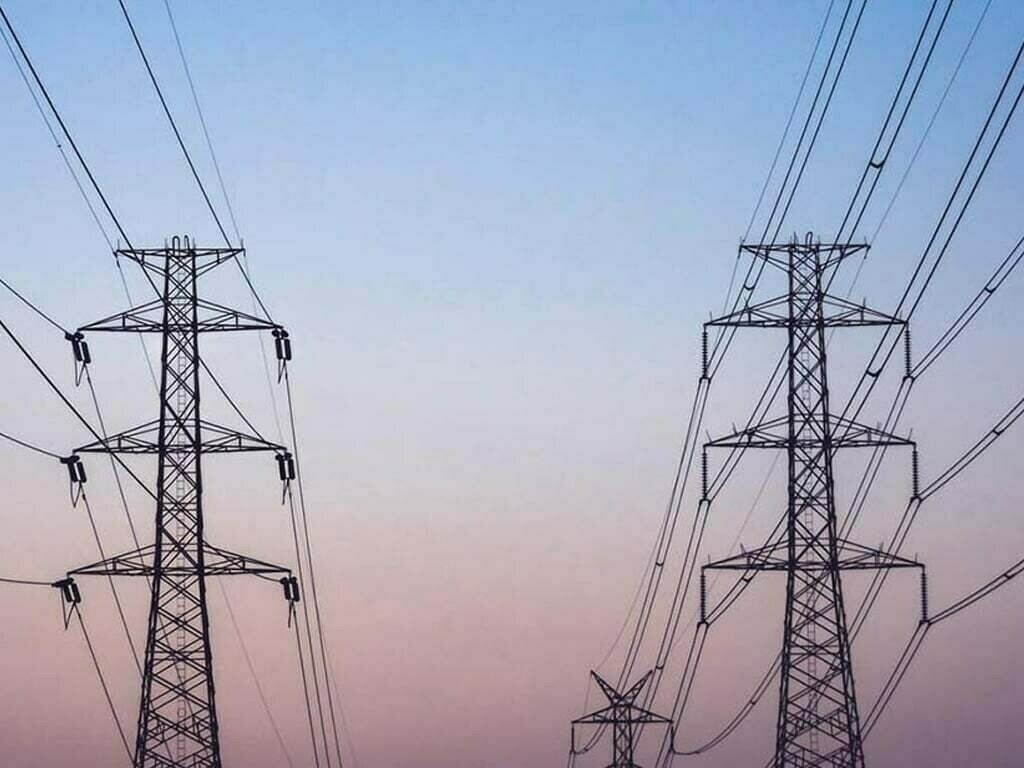Minister for Energy underscored the importance of collaboration in overcoming challenges and achieving collective goals.

In response to the surging energy import bill, dwindling investments in petroleum exploration, and challenges faced by exploration and production companies, the Ministry of Energy (Petroleum Division) took a proactive step by organizing a full-day workshop.
The initiative aimed to foster meaningful engagement with the upstream petroleum industry, providing a platform for key stakeholders to address challenges, enhance investment, and collectively propel the sector forward.
The workshop, attended by the Minister for Energy Muhammad Ali, Secretary Petroleum, and various Director Generals, witnessed active participation from CEOs/MDs of leading industry players, including MPCL, OGDCL, PPL, UEPL, PIOGCL, PEL, OPI, POL, KUFPEC, IPR, GHPL, and KPOGCL.
Faheem Haider, MD/CEO of MPCL, inaugurated the workshop, offering insights into the country’s energy outlook and the untapped potential of hydrocarbon resources. Highlighting the need for governmental support through policy interventions and a business-friendly environment, Haider set the tone for the discussions.
Minister for Energy Muhammad Ali underscored the importance of collaboration in overcoming challenges and achieving collective goals. He emphasized the imperative to boost exploration activities to replenish reserves and reduce reliance on fossil fuel imports.
The Minister expressed commitment to streamlining government processes, facilitating swift private sector investments, and exploring revisions to pricing schemes to make hydrocarbon exploration economically viable.
Industry professionals presented challenges faced by their companies, proposing amendments to the Petroleum Exploration and Production Policy 2012, the formulation of a new Tight Gas Policy, simplification of approval processes for gas discovery allocation, and notifications on wellhead and gas sale prices.
They also called for the development of model agreements for the sale of crude oil and gas, a regulatory framework for a gradual transition from control to compliance, resolution of license/lease rent indexation, and facilitation of entry and exit into Pakistan. The impact of windfall levies on oil in the exploration and production sector was also discussed.
During the open discussion session, participants had the opportunity to address issues beyond the fixed agenda. Progress was made on some issues, with directions given to relevant departments for further action. For matters requiring more deliberation, working groups were formed to develop workable options and proposals within specified timelines.
These groups were tasked with completing their assignments within the next week and presenting recommendations at the next workshop, tentatively scheduled for the first week of January 2024.
In his concluding remarks, Minister for Energy Muhammad Ali expressed gratitude to MPCL for leading the collaborative interaction among stakeholders. He reiterated the government’s full cooperation and support to resolve industry issues, with a focus on enhancing oil and gas exploration and production in Pakistan.
The workshop’s outcomes signal a renewed commitment to addressing the challenges faced by the petroleum industry in Pakistan. The collaborative approach, involving both public and private sector stakeholders, reflects a concerted effort to create an enabling environment for increased investment, streamlined processes, and sustainable growth in the energy sector.
As Pakistan navigates the complexities of its energy landscape, such initiatives play a crucial role in shaping policies, fostering innovation, and ensuring the country’s energy security in the long run.